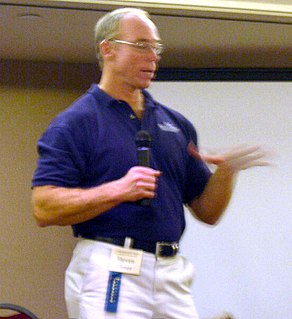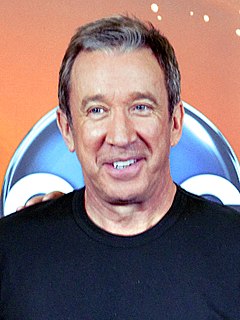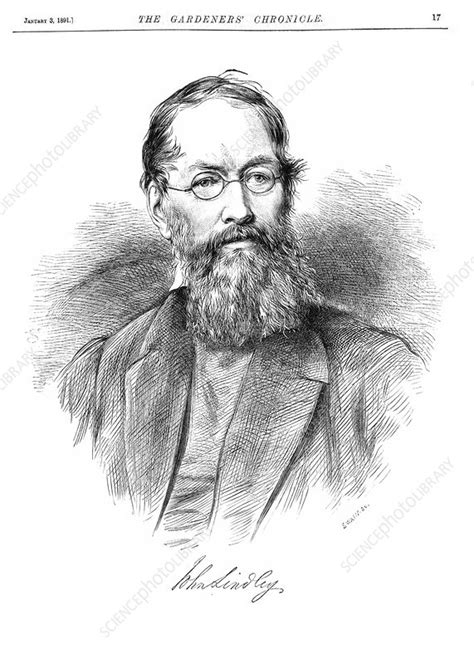A Quote by Simon Greenleaf
Proceeding further, to inquire whether the facts related by the Four Evangelists are proved by competent and satisfactory evidence, we are led, first, to consider on which side lies the burden of establishing the credibility of the witnesses.
Related Quotes
Minds fettered by this doctrine no longer inquire concerning a proposition whether it is attested by sufficient evidence, but whether it accords with Scripture; they do not search for facts as such, but for facts that will bear out their doctrine. It is easy to see that this mental habit blunts not only the perception of truth, but the sense of truthfulness, and that the man whose faith drives him into fallacies treads close upon the precipice of falsehood.
There are more than 100 first- and second- hand witnesses to the retrieval of an extraterrestrial spacecraft and at least four extraterrestrial bodies from a crash which occurred in July, 1947, 75 miles northwest of Roswell, New Mexico; written and videotaped testimony from several first-hand witnesses who are respected military officers have been obtained.
It seems that in the rush to be the first one to the story, the media overstates things. Not maliciously; I don't think they're intentionally misleading. But the credibility gap is already there, and in this rush to get to the story first, a lot of mainstream outlets just erode their credibility further.
I cannot but be astonished that Sarsi should persist in trying to prove by means of witnesses something that I may see for myself at any time by means of experiment. Witnesses are examined in doutbful matters which are past and transient, not in those which are actual and present. A judge must seek by means of witnesses to determine whether Peter injured John last night, but not whether John was injured, since the judge can see that for himself.
If my interlocutor desires to convince me that Jupiter has inhabitants, and that his description of them is accurate, it is for him to bring forward evidence in support of his contention. The burden of proof evidently lies on him; it is not for me to prove that no such beings exist before my non-belief is justified, but for him to prove that they do exist before my belief can be fairly claimed. Similarly, it is for the affirmer of God's existence to bring evidence in support of his affirmation; the burden of proof lies on him.
If all the evidence put forward for the authenticity of religious teachings originates in the past, it is natural to look round and see whether the present, about which it is easier to form judgements, may not also be able to furnish evidence of the sort. If by this means we could succeed in clearing even a single portion of the religious system from doubt, the whole of it would gain enormously in credibility.
I am beginning to believe that nothing can ever be proved. These are honest hypotheses which take the facts into account: but I sense so definitely that they come from me, and that they are simply a way of unifying my own knowledge. Not a glimmer comes from Rollebon's side. Slow, lazy, sulky, the facts adapt themselves to the rigour of the order I wish to give them; but it remains outside of them. I have the feeling of doing a work of pure imagination.
There is nothing in the nature of a miracle that should render it incredible:;: its credibility depends upon the nature of the evidence by which it is supported. An event of extreme probability will not necessarily command our belief unless upon a sufficiency of proof; and so an event which we may regard as highly improbable may command our belief if it is sustained by sufficient evidence. So that the credibility or incredibility of an event does not rest upon the nature of the event itself, but depends upon the nature and sufficiency of the proof which sustains it.
The first job of the historian and of the journalist is to find facts. Not the only job, perhaps not the most important, but the first. Facts are the cobblestones from which we build roads of analysis, mosaic tiles that we fit together to compose pictures of past and present. There will be disagreement about where the road leads and what reality or truth is revealed by the mosaic picture. The facts themselves must be checked against all the available evidence. But some are round and hard--and the most powerful leaders in the world can trip over them. So can writers, dissidents and saints.

































